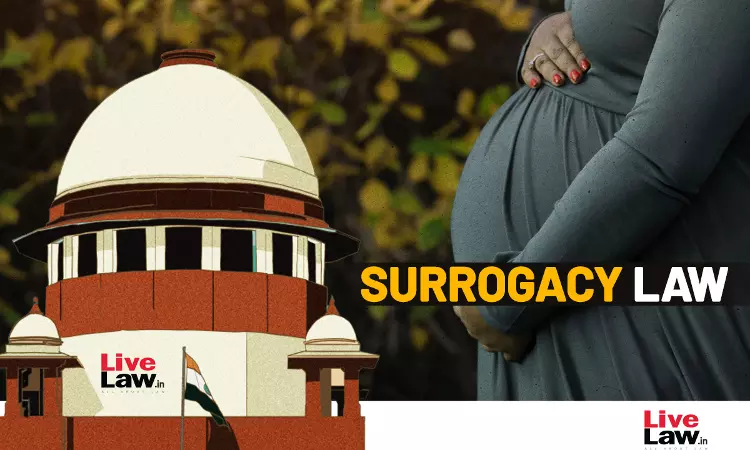Supreme Court Redirects Applications Seeking Permission For Surrogacy To High Courts
Awstika Das
7 Feb 2024 10:34 AM IST

Next Story
7 Feb 2024 10:34 AM IST
In a significant development, the Supreme Court this week directed new applicants seeking permission to undergo surrogacy to approach the jurisdictional high courts. The Court clarified that the pendency of the petitions challenging the provisions of the surrogacy law in the Supreme Court will not bar the High Courts from entertaining applications filed by individuals seeking permission...
